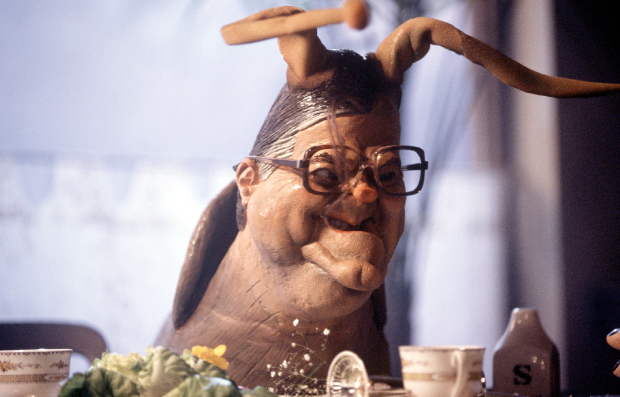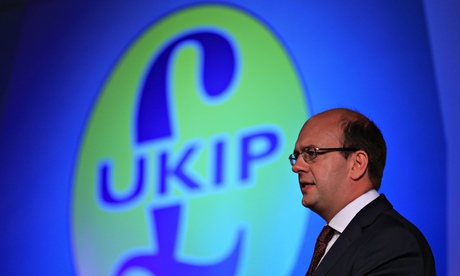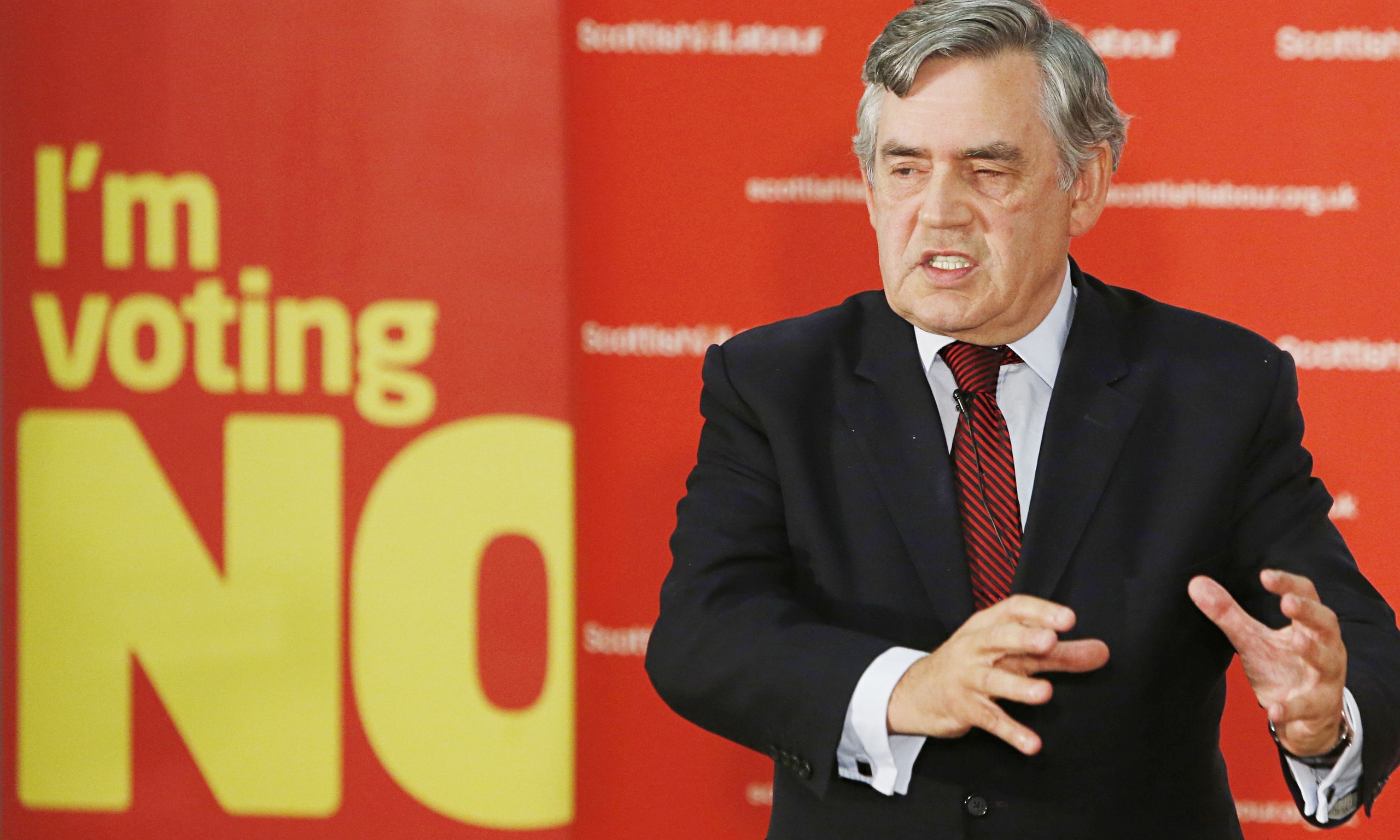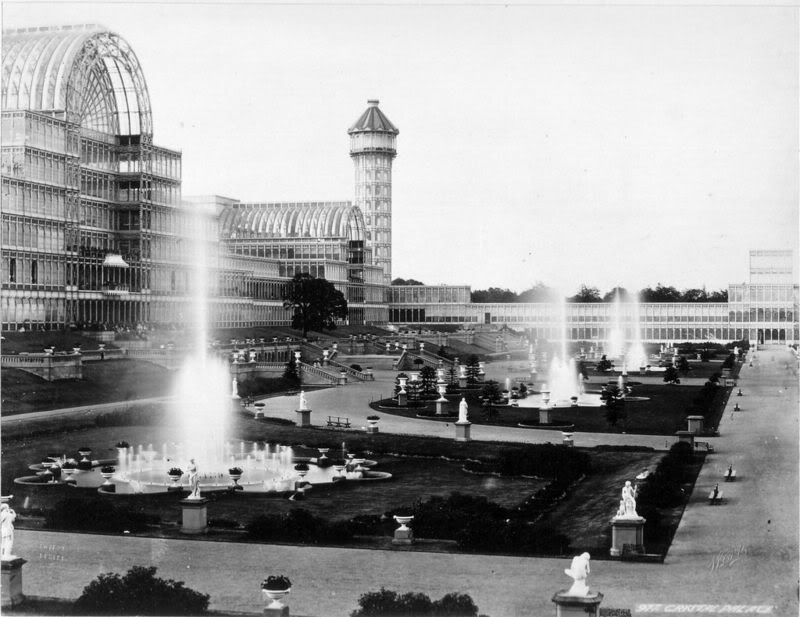Listening to the reasonable-sounding James Brokenshire,
it is clear the government is very keen we should all be immensely proud of our
contribution towards alleviating the plight of the millions of Syrian refugees,
forced to flee their homes by the wretched, increasingly fractured conflict in
the country.
And we must not for a second think its problems over net
migration have in any way impacted upon the United Kingdom only accepting 90
refugees in the last year.
The immigration minister was speaking as an Urgent
Question had been asked in the House of Commons about the government’s failure
to accept appeals from the UN High Commissioner for Refugees (UNHCR) to
increase the numbers of refugees allowed into the country.
Overall, Western countries have agreed they will resettle
up to 100,000 Syrian refugees over the next few months. This is not a tiny
number but only a dent in the 3.2million people who have fled the country and
meagre in comparison to the almost 1.2million in Lebanon, 1.1million in Turkey
and 630,000 in Jordan. And the UK and the United States have refused to commit
to any increase whatsoever. Nevertheless, the country should be very proud of
our efforts, as James Brokenshire said on ten separate occasions, variations
along the lines of this:
‘This government and this country can be proud of what we
are doing through this assistance and our political focus – and, yes, through the
vulnerable persons relocation scheme in providing asylum.’
It is certainly true that the UK is donating more aid to
the Syrian crisis than all other countries bar the US. This is the biggest
refugee crisis of our generation by a considerable margin. As well as the 3.2m
who have escaped the violence by leaving the country, 6.5million Syrians are
displaced within the country. The United Kingdom has committed £700million towards
humanitarian relief. The focus of this money is to alleviate the suffering of
refugees being hosted in neighbouring countries, providing water for up to
11.5million people, supporting 600,000 medical consultations and funding
5.2million monthly food rations. This is all hugely valuable work for which the
government should rightly be applauded.
But to continually claim a decent number of refugees are
being offered asylum here stretches credulity. Moreover, it bears no historical
comparison either with previous crises of a similar scale. For example, Britain
accepted 25,000 Ugandan Asians after Idi Amin expelled them in 1972; 4,455
Kosovan refugees were airlifted here between April 25 and June 25, 1999 and by
the end of 2002, there were 1,575 Rwandan refugees still in the UK.
Time after time, Brokenshire repeated the line that the
vulnerable persons relocation scheme was working effectively, liasing ‘closely with
the United Nations High Commissioner for Refugees to identify the most vulnerable
cases displaced by the conflict in Syria and to relocate them to the UK’. The
criteria of this scheme must awfully strict for only 90 possible cases to have
so far been identified. Either that, or those carrying out the work are
being staggeringly inefficient.
After Yvette Cooper suggested the government’s reluctance
to take in more refugees might ‘cloud their conscience over helping refugees’.
Brokenshire rather got on his high horse, saying such a claim ‘was not worthy
of our proceedings’. But it’s hard not to come to that conclusion.
 |
| James Brokenshire |
Yesterday, Radio Five Live hosted an emotive call-in show
on the issue, with a succession of callers shouting down the phone offering
comments such as ‘we should be looking after our own first’, ‘we should be
rebuilding towns for them’ so ‘these people’ don’t have to come to this country.
Another lady said that ‘if we hadn’t opened our borders to 560million in the
EU, we would be in a better place to take these refugees’. Britain was a ‘small
island totally at breaking point’ before adding that, if Germany took 30,000
refugees, one day in the future they might get EU citizenship and ‘eventually become our
problem’. A lovely sentiment, of which the lady speaking felt immediately ashamed.
The government’s net migration target lies in tatters,
and it is attitudes like those above, fostered by Nigel Farage and UKIP, which are currently driving the government’s spluttering policy.
Nigel Farage, it should be noted, has backed Syrian
refugees coming to the UK, though he has shied away from providing a specific
number. In December last year, the UKIP leader said:
‘I think refugees are a
very different thing to economic migration and I think this country should
honour the 1951 declaration on refugee status that was agreed…. the original ideas
of defining what a refugee is were good ones and I think, actually, there is a
responsibility on all of us in the free West to try and help some of those
people fleeing Syria, literally in fear of their lives’.
Neither Brokenshire nor the Home Secretary has met with
the Refugee Council to discuss the current crisis; as experts in their field
they could at least offer sage advice. And they have, with other leading aid
charities such as Oxfam, Save the Children and Amnesty International, called
for the government to offer up to 10,000 resettlement places to Syrian
refugees.
Refugee Council Advocacy Manager Anna Musgrave, said:
‘Britain should be offering safety to thousands, not
hundreds of refugees from Syria, in this case, numbers speak louder than words.
Failure to act swiftly will leave more refugees struggling to survive in the
region and a permanent stain on Britain’s reputation for offering safety to
people in their hour of greatest need.’
James Brokenshire and the government can be as proud as
they like of their resettlement programme. But, as with their repeated failureto stand-by the Afghan translators who served alongside our soldiers so
bravely, to continue to ignore the pleas of the international community, the
United Nations, the Church of England, charities and a loud public voice, will
do lasting damage to Britain’s long-standing reputation as a country which
offers refuge to the desperate.










